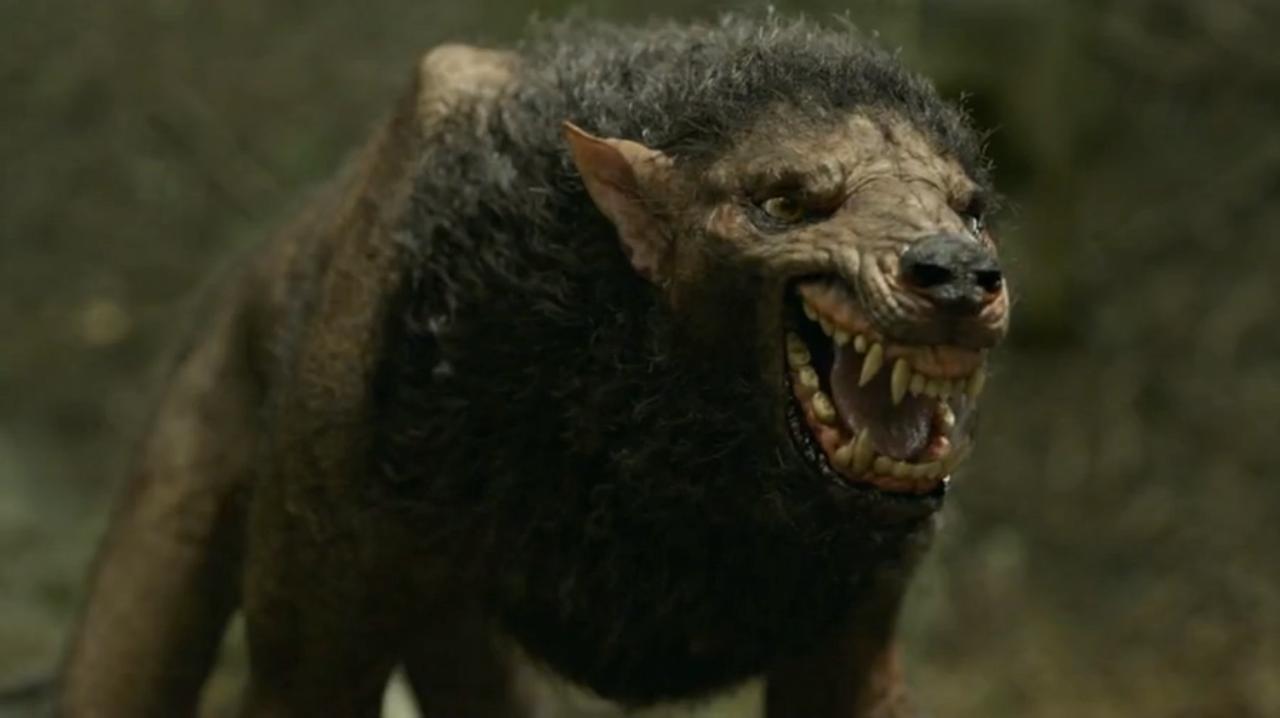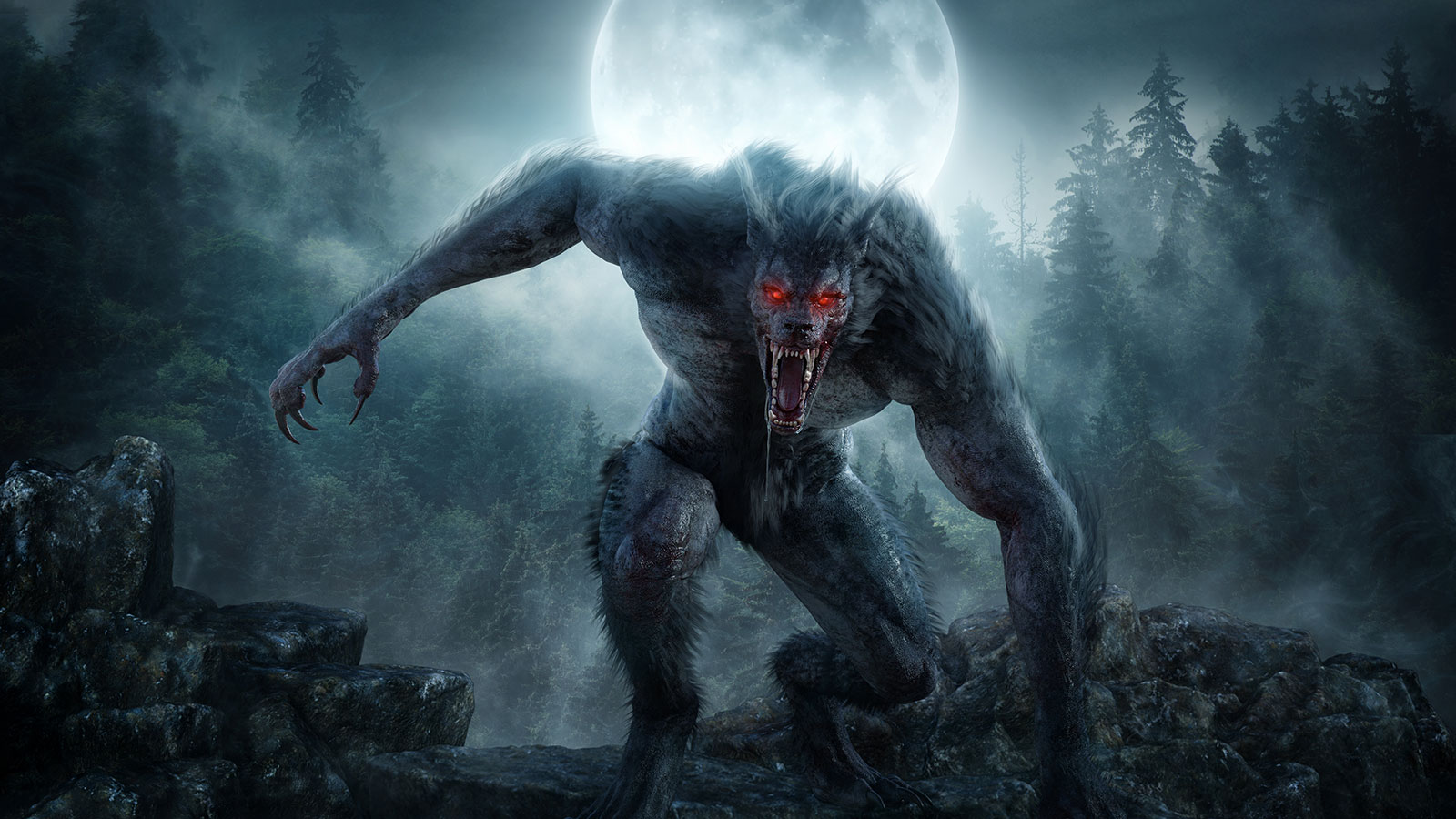Ever wondered if werewolves could actually exist? It's a question that has haunted humanity for centuries, blending folklore, mythology, and a touch of science. From ancient legends to modern-day movies, the idea of humans transforming into wolves under the light of a full moon has captured our imaginations. But is there any truth behind the myth? Let's dive in and find out.
Werewolves, those mysterious creatures of the night, have been part of human storytelling for as long as we can remember. In almost every culture, there's some variation of the werewolf legend. Whether it's the European folklore of a cursed man or the Native American tales of the skin-walkers, the fascination with these creatures is universal. But can they really exist? Or are they just a product of our overactive imaginations?
Before we jump into the science and history, let's acknowledge the sheer coolness of werewolves. Imagine running through the forest at night, feeling the wind in your fur, and howling at the moon. Sounds epic, right? But is this just fantasy, or could there be a real-world explanation for the werewolf phenomenon?
Read also:Bane Dark Knight Rises Actor The Man Behind The Mask
What Are Werewolves?
Let’s start with the basics. Werewolves are mythical creatures said to be humans who transform into wolves under certain conditions. The transformation is often linked to a full moon, a curse, or even a bite from another werewolf. In folklore, werewolves are usually depicted as terrifying beasts, but modern interpretations sometimes show them as misunderstood creatures with a deep connection to nature.
Interestingly, the word "werewolf" comes from Old English, where "were" means man and "wulf" means wolf. So, literally, a werewolf is a "man-wolf." Makes sense, right? But what makes the idea of werewolves so captivating is the duality they represent: the struggle between human nature and primal instincts.
The Origins of Werewolf Legends
The origins of werewolf legends can be traced back thousands of years. In ancient Greece, there was a myth about a king named Lycaon who was transformed into a wolf by Zeus as punishment for his wickedness. This story is often considered one of the earliest werewolf tales. But it wasn't just the Greeks—almost every culture has its own version of the werewolf legend.
In Europe, werewolves were often associated with witchcraft and sorcery. People believed that certain individuals could transform into wolves through a curse or a pact with the devil. Some even thought that wearing a belt made of wolf skin could trigger the transformation. Crazy, huh?
Can Science Explain Werewolves?
Now, let’s bring in the science. While there’s no concrete evidence of humans transforming into wolves, there are some scientific theories that might explain the werewolf phenomenon. One possibility is a condition called lycanthropy, which is a mental disorder where a person believes they are a wolf or another animal. People with lycanthropy might act like animals, growl, or even crawl on all fours. It’s not exactly the same as turning into a wolf, but it’s a fascinating connection.
Another theory is that werewolf legends might have been inspired by real animals or diseases. For example, rabies can cause symptoms like aggression, frothing at the mouth, and sensitivity to light, which might have been mistaken for werewolf behavior in the past. And let’s not forget about hypertrichosis, a rare genetic condition that causes excessive hair growth, giving people a wolf-like appearance.
Read also:Kaitlan Collins Husband The Inside Story You Need To Know
Modern-Day Sightings
Believe it or not, there are still reports of werewolf sightings today. In places like India and Africa, people claim to have seen creatures that resemble werewolves. While most of these stories are likely exaggerated or misinterpreted, they keep the legend alive. Some researchers suggest that these sightings might be linked to cultural beliefs or psychological phenomena, rather than actual werewolves.
One interesting case comes from the 19th century, when a man named Peter Stubbe was accused of being a werewolf in Germany. According to the legend, he wore a magic belt that allowed him to transform into a wolf. While this story is probably just a myth, it shows how deeply the idea of werewolves was ingrained in people’s minds.
Werewolves in Popular Culture
Werewolves have been a staple of popular culture for decades. From classic horror movies like "The Wolf Man" to modern blockbusters like "Twilight," these creatures have captured our imaginations. But what makes werewolves so appealing in movies and books?
For one, they represent the ultimate transformation. The idea of shedding your human skin and embracing your wild side is both terrifying and exhilarating. Plus, werewolves often symbolize the battle between good and evil, making them perfect for storytelling. Whether they’re villains or heroes, werewolves always bring a sense of mystery and danger to the narrative.
Top Werewolf Movies You Should Watch
- "The Wolf Man" (1941) – The classic werewolf movie that started it all.
- "An American Werewolf in London" (1981) – A hilarious and horrifying take on the werewolf legend.
- "The Howling" (1981) – A psychological thriller with a twist.
- "Underworld" (2003) – A modern take on the vampire-werewolf rivalry.
- "The Girl with All the Gifts" (2016) – A unique spin on werewolves and zombies.
Do Werewolves Have a Place in Science Fiction?
While werewolves might not exist in the traditional sense, they do have a place in science fiction. In many sci-fi stories, werewolves are portrayed as genetically modified humans or alien creatures with wolf-like traits. This allows writers to explore the idea of transformation in a more scientific way, blending mythology with futuristic technology.
For example, in the "X-Men" comics, the character Wolverine is often compared to a werewolf because of his animalistic instincts and regenerative abilities. While he’s not technically a werewolf, he embodies many of the same traits that make werewolves so fascinating.
Could Genetic Engineering Create Werewolves?
With advances in genetic engineering, it’s not entirely impossible to imagine creating creatures that resemble werewolves. Scientists have already experimented with combining human and animal DNA to create hybrids, although this is still highly controversial. While we’re a long way from creating actual werewolves, the idea is not as far-fetched as it once was.
Imagine a future where humans could choose to enhance their bodies with animal traits, like heightened senses or increased strength. This might not be the same as transforming into a wolf, but it’s a step in that direction. Who knows what the future holds?
Werewolves and Mental Health
Believe it or not, werewolf legends have had a significant impact on mental health. As we mentioned earlier, lycanthropy is a real mental disorder that affects people’s perception of themselves. While it’s rare, it highlights the connection between folklore and psychology. In some cases, people with lycanthropy might feel like they’re losing control of their minds, much like a werewolf losing control during a full moon.
Therapists and psychologists have used werewolf stories as a way to help patients understand and manage their mental health issues. By exploring the duality of human nature, patients can learn to accept both their strengths and weaknesses. It’s a powerful metaphor that continues to resonate with people today.
How Werewolf Stories Can Help Us Understand Ourselves
At their core, werewolf stories are about identity and transformation. They remind us that we all have a wild side that needs to be acknowledged and accepted. Whether it’s through therapy, art, or storytelling, we can use these legends to explore our own inner struggles.
For example, a person dealing with anger management might relate to the idea of a werewolf losing control during a full moon. By understanding the triggers and finding healthy ways to express their emotions, they can learn to manage their “inner wolf.” It’s a powerful analogy that can help people grow and heal.
Can Werewolves Exist in the Future?
As we’ve explored, there’s no concrete evidence that werewolves exist today. But that doesn’t mean they couldn’t exist in the future. With advances in science and technology, it’s possible that we could create creatures that resemble werewolves, either through genetic engineering or artificial intelligence. While this might sound like science fiction, it’s not entirely out of the question.
Imagine a world where humans and animals can coexist in harmony, with each species learning from the other. This might not be the same as traditional werewolves, but it’s a step in the right direction. Who knows? Maybe one day we’ll all have a little wolf inside us.
The Future of Werewolf Legends
As long as humans continue to tell stories, werewolves will always have a place in our culture. Whether they’re depicted as terrifying beasts or misunderstood creatures, they represent the duality of human nature and the struggle between good and evil. And as our understanding of science and psychology evolves, so too will our interpretation of these legends.
So, can werewolves exist? Maybe not in the traditional sense, but their influence on our culture and imagination is undeniable. They remind us that we’re all a little bit wild, and that’s what makes life so exciting.
Conclusion
Werewolves might not exist in reality, but they certainly exist in our hearts and minds. From ancient legends to modern-day movies, these creatures have captured our imaginations and inspired us to explore the duality of human nature. Whether you believe in werewolves or not, there’s no denying their impact on our culture and storytelling.
So, the next time you see a full moon, take a moment to appreciate the mystery and magic of the night. Who knows? Maybe there’s a werewolf out there, howling at the stars. And if you enjoyed this article, don’t forget to share it with your friends and check out some of the other fascinating topics on our site. Until next time, stay wild!
Table of Contents
- What Are Werewolves?
- The Origins of Werewolf Legends
- Can Science Explain Werewolves?
- Modern-Day Sightings
- Werewolves in Popular Culture
- Do Werewolves Have a Place in Science Fiction?
- Werewolves and Mental Health
- Can Werewolves Exist in the Future?
- The Future of Werewolf Legends
- Conclusion



